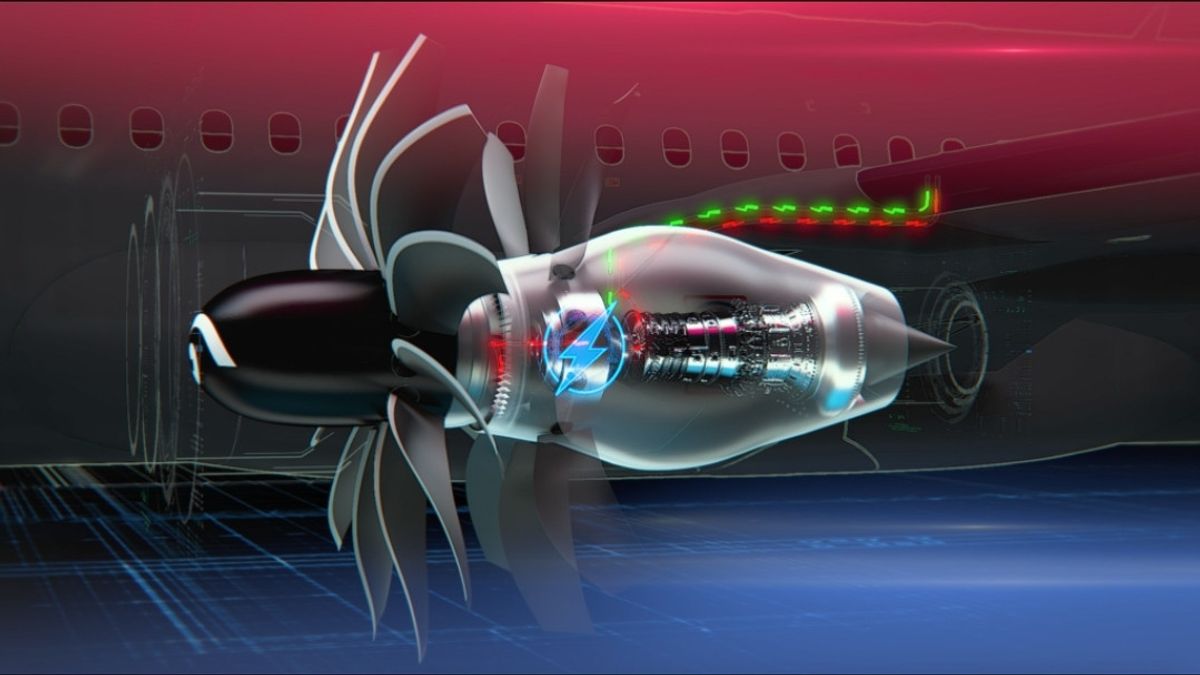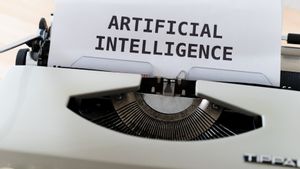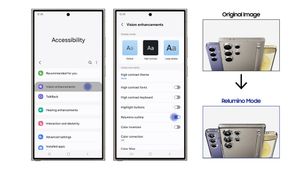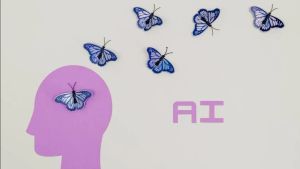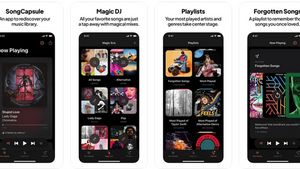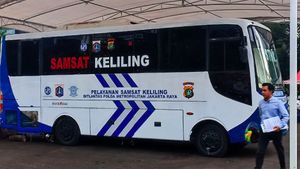JAKARTA The US Aeronautics and Space Agency (NASA) will create the concept of the latest jet engine to create environmentally friendly technologies. The core of this jet engine will be incorporated into an ultra-efficient aircraft. Through its official broadcast, NASA says that it is developing the core of a hybrid-electric turbofan jet engine. This small core can reduce fuel burning by up to 10 percent compared to the currently operating jet engine. NASA also deliberately minimizes the size of the jet engine core. This component becomes a compressed airbed and is coupled to fuel to generate power. "By minimizing this core, fuel efficiency can be enhanced and carbon emissions can be reduced." The project for the manufacture of this jet engine core is named Hybrid Thermally Efficient Core (HyTEC). Once completed, NASA's jet core develops will be added to the next generation aircraft. The aircraft will be demonstrated in the 2030s. There are two phases that need to be done in working on the HyTEC project. The first phase focuses on component technology selection. Presented by HyTEC Leader Anthony Bahrone, the first phase has been completed so that NASA will switch to the second phase.
SEE ALSO:
The second phase will begin in the near future. In this phase, "(NASA) will involve researchers designing, building, and testing compact nuclei in collaboration with GE Aerospace." This phase will focus on core demonstrations to prove the performance of its technology. In addition to proving the performance of the HyTEC project, demonstrations of the technology that will be carried out in the 2030s will present radio bypasses, hybridization, and much higher compatibility when coupled to environmentally friendly fuels. Tap two is very complex. This is not just a core demonstration, said▁intine. What we have created has never been done before, and this involves many different technologies being combined to form new types of machines.
The English, Chinese, Japanese, Arabic, and French versions are automatically generated by the AI. So there may still be inaccuracies in translating, please always see Indonesian as our main language. (system supported by DigitalSiber.id)
